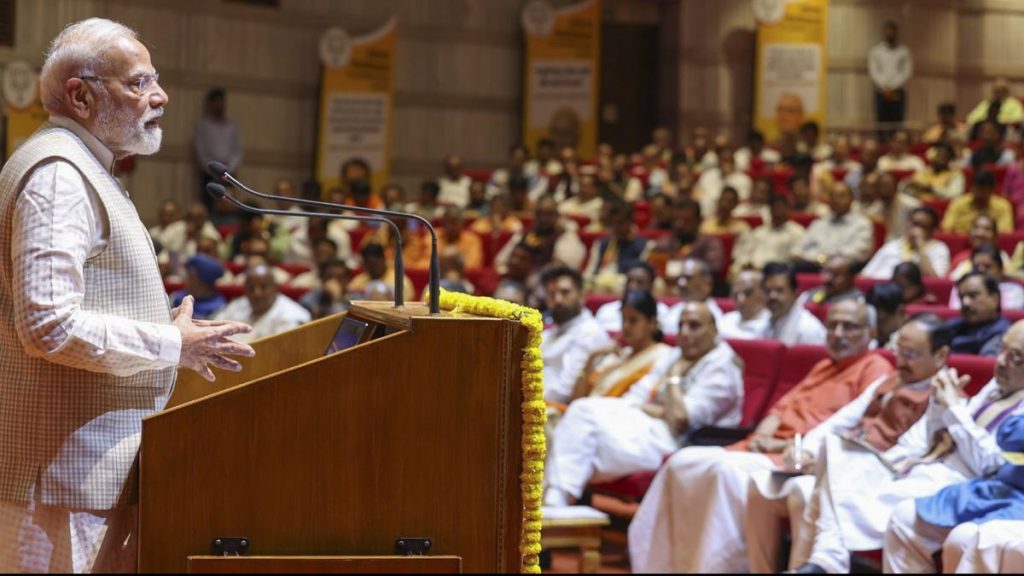Now Reading: MSIL to Venture into E-Commerce: Karnataka Minister Patil
-
01
MSIL to Venture into E-Commerce: Karnataka Minister Patil
MSIL to Venture into E-Commerce: Karnataka Minister Patil

Rapid Summary
- Karnataka government enterprise Mysore Sales International Limited (MSIL) plans to launch an e-commerce platform modeled after the central Government e-Marketplace (GeM) portal.
- The project aims to create a marketplace for government and private producers, enabling procurement without tenders and facilitating product sales for government departments.
- The initiative will be implemented in four phases:
– Phase 1: Only MSIL products available.
– Phase 2: Inclusion of products from state enterprises such as Mysore Sandal Soap, Mysore Silk, Cauvery Emporium, Nandini, MSMEs, and women’s self-help groups.
– phase 3: Expansion to consumer and electronic goods.- Phase 4: Addition of fresh/perishable goods.
- Minister M B Patil stated India’s e-commerce transactions are projected to grow from USD 75 billion currently to USD 350 billion by 2030 due to favorable market conditions like having over 900 million internet users nationwide.
- Officials have been directed to create a detailed roadmap for implementation during a meeting attended by MSIL leadership.
Indian Opinion analysis
Karnataka’s step forward in launching an e-commerce platform under MSIL indicates alignment with India’s growing digital economy. By employing phased development-from showcasing existing government-branded products like Mysore Sandal Soap or Nandini dairy items-before widening the scope into perishable goods through Phase Four, the initiative seems strategically paced. Opportunities could arise for local producers such as MSMEs and women’s self-help groups, potentially boosting their visibility via streamlined access.
However, parallels with the Central GeM portal mean established competition within governance-led marketplaces; user adoption will rely upon operational efficiency and inclusive vendor onboarding practices. As India approaches its projected $350 billion annual e-commerce valuation by the decade’s end-spurred on by reliable infrastructure (900M web-connected)-regional digitizations’ timings align amidst openings voiced momentum bridging!

























